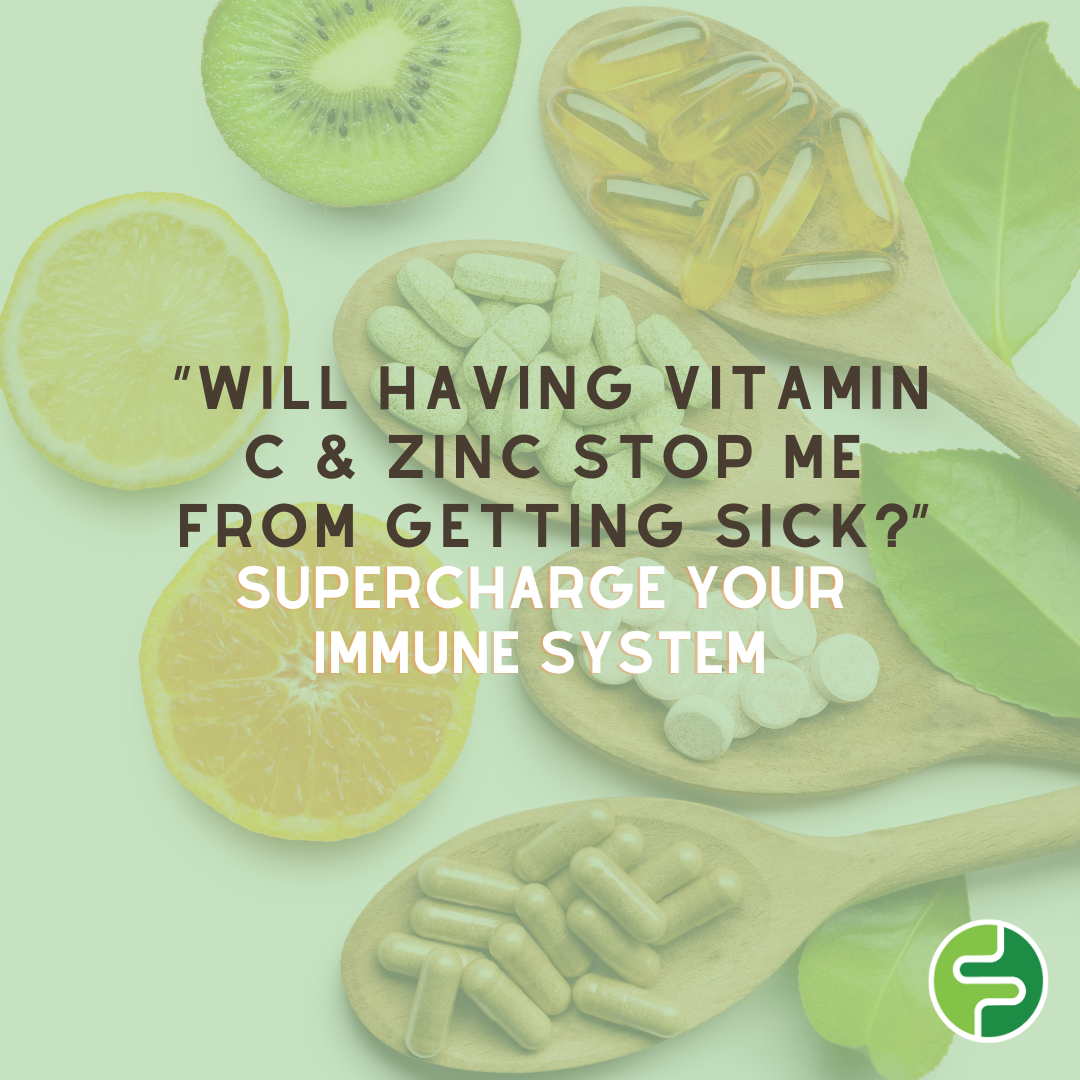Immune boosting vitamins
Posted on July 17, 2023

Does an immune boosting diet exist?
There are no vitamins or supplements that can completely prevent you from getting sick, however, certain nutrients are known to support immune function and assist in reducing symptoms if consumed regularly in adequate amounts over a long period of time.
There are 4 key nutrients that are involved in improving your immune function. These include vitamin A, vitamin C, vitamin D and zinc. You can get all of these immune-boosting nutrients in a well-balanced diet, even while implementing a low FODMAP elimination diet, without any need for supplements!
Vitamin A
Vitamin A acts as an antioxidant and is involved in regulating the number and function of natural killer cells, which are a vital component of the body’s immune system.
Low FODMAP food sources include:
– Cod liver oil
– Carrots
– Sweet potatoes
– Spinach
Vitamin C
Vitamin C supports immune function by stimulating the production and function of white blood cells, in particular neutrophils and monocytes, which are activated to fight infections when required. A diet high in vitamin C is associated with reduced tissue damage while fighting infections and a decrease in symptoms.
Low FODMAP food sources include:
– Citrus fruits, such as oranges, lemon, and grapefruit
– Strawberries
– Kiwi
– Green-leafy vegetables, such as kale and spinach
Vitamin D
The active form of vitamin D, calcitriol, boosts immune cell production of microbe-fighting proteins. There is some evidence of vitamin D enhancing immune function to protect against flu and respiratory infections, however, more research is required.
Low FODMAP food sources include:
– Seafood, such as cod liver oil, sardines, tuna, salmon, etc.
– Vitamin D fortified plant-based milks
– Red meat, such as beef
Zinc
Zinc plays a beneficial role in intestinal immune function and improves the number and cytotoxicity (ability to cause damage to an infected cell) of natural killer cells.
Low FODMAP food sources include:
– Oysters (Highest)
– Beef
– Eggs
– Zinc fortified breakfast cereals
– Blackberries
Do you need supplementation?
Most people can get all the nutrients they require from consuming a balanced diet and do not need to take vitamin or mineral supplements. Vitamin D supplementation may be beneficial for people in the autumn and winter who live in locations that have limited access to sunlight at these times. If you are considering the use of supplementation, it is important and highly reccomended to consult a healthcare professional before starting any new supplements.







